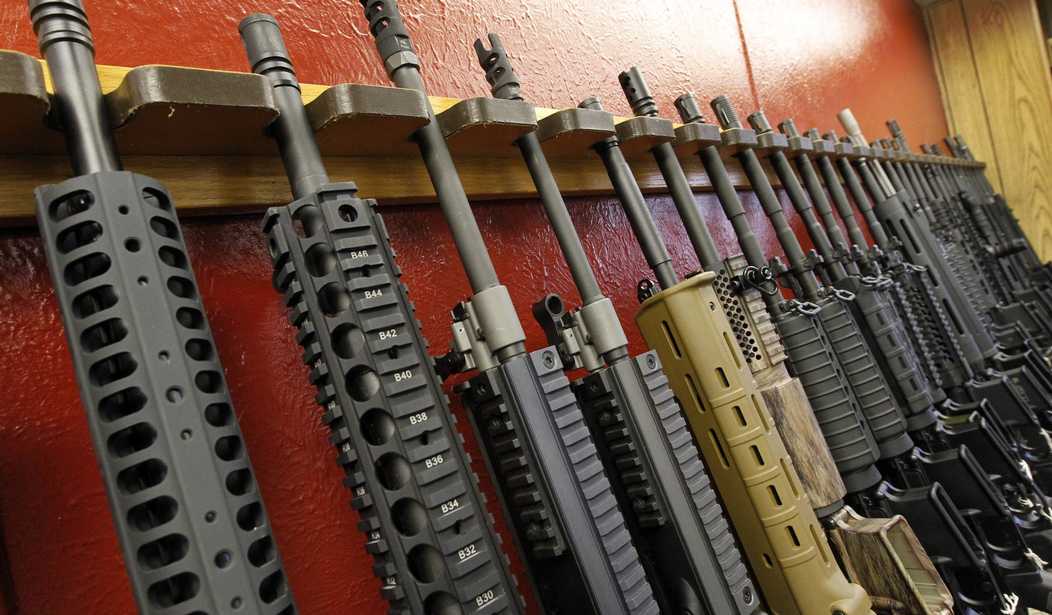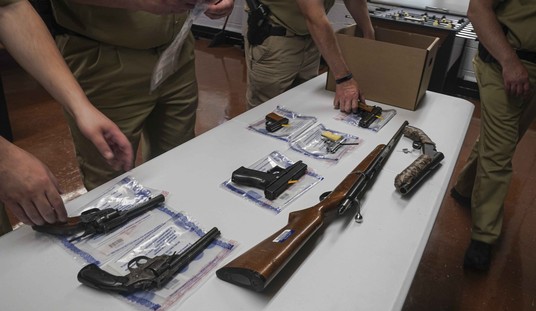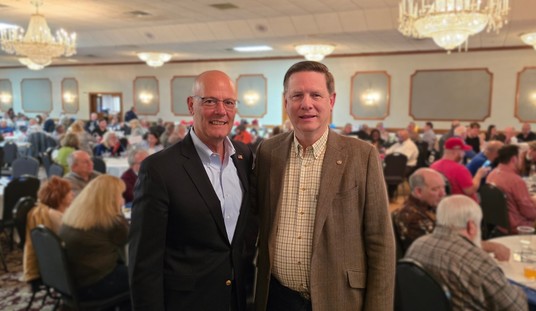U.S. Attorneys have quietly dropped at least two cases against individuals charged with illegally possessing a lower receiver after two different federal judges ruled that the lower receivers do not meet the federal definition of a firearm, according to a new CNN story. The first case was back in 2016, and involved a convicted felon named Alejandro Jimenez who bought a lower receiver in an ATF sting operation. After a judge ruled that the receiver wasn’t an actual firearm under federal law, the case against Jimenez was dropped.
Earlier this year, according to CNN, federal prosecutors also dropped similar charges against a California man named Joseph Roh, who was accused of running an illegal gun factory outside of Los Angeles. While the judge in the case ruled that Roh was guilty of selling finished firearms without a license, the judge also decided that the ATF had improperly ruled that 80% finished receivers as well as the finished receivers themselves were firearms.
He rejected the prosecution’s argument that the ATF’s interpretation of the regulation describing a receiver could reasonably be applied to the device at issue in Roh’s case.“There is a disconnect,” the judge wrote.Selna added that the combination of the federal law and regulation governing the manufacturing of receivers is “unconstitutionally vague” as applied in the case against Roh.“No reasonable person would understand that a part constitutes a receiver where it lacks the components specified in the regulation,” Selna wrote.Therefore, the judge determined, “Roh did not violate the law by manufacturing receivers.”
Following Selna’s tentative order, the prosecution and defense agreed to a deal in which Roh would plead guilty to the charge against him, but would be allowed to withdraw that plea if he stayed out of trouble for a year. Prosecutors would then dismiss the case. If Roh abides by the deal, he will have no criminal conviction and serve no time behind bars.
Sources familiar with the agreement said prosecutors wanted to strike a deal in order to prevent Selna’s order from becoming permanent, drawing publicity, and creating case law that could hamper ATF enforcement efforts.Roh accepted the deal to avoid a permanent conviction — and possible prison time — for dealing firearms without a license.









Join the conversation as a VIP Member